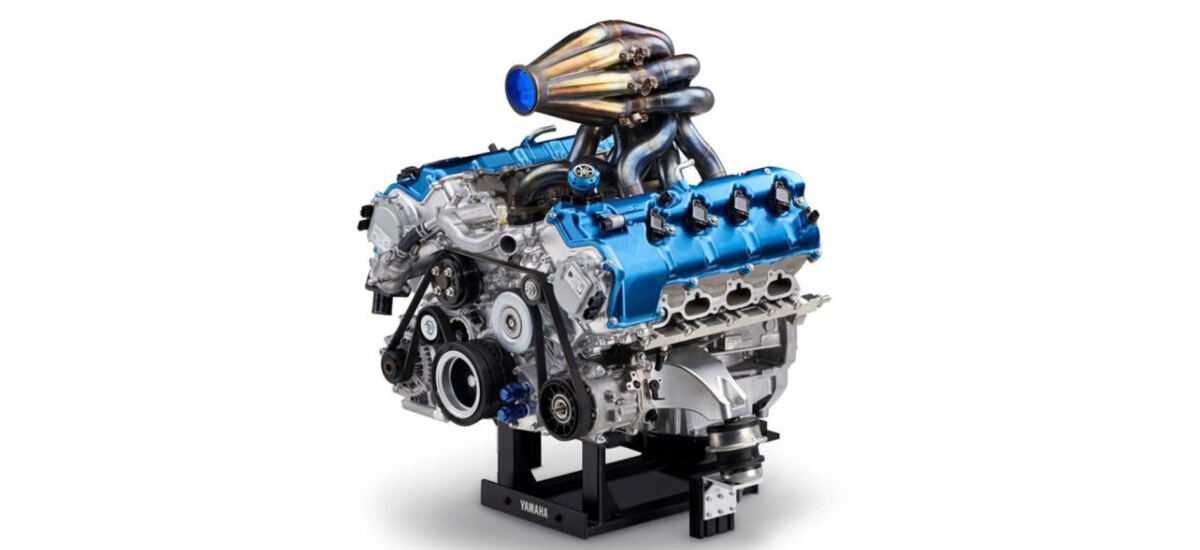
 Your Credit Estimate
Your Credit Estimate
 Your Credit
Your Credit
Your zip code helps us provide you with the most accurate vehicle pricing and vehicle availability.
We estimate your credit score to give you an idea of your monthly payments. To get an accurate payment amount, complete our credit application by clicking the Start Credit Application button below.
start credit application
Automakers and startups are all looking at alternative fuel sources and finding new ways to power automobiles. The current power struggle is over materials and resources for plug-in hybrid electric vehicles (PHEVs) and battery-electric vehicles (BEVs). Just about every major automaker has a plan to lead the industry in electric power, with several going so far as to add hydrogen fuel cell vehicles to their lineup. Then there is Aptera, a startup with a portfolio of Solar Electric Vehicles (sEVs) powered by the freaking sun! The newest development? A 400-horsepower engine that emits only water vapor as its exhaust.
Talk about “Civilization Level 1”. Are there any sci-fans out there? There is a theory of seven levels for mankind, and Earth is currently at 0.7 – for now. All we need to do is master the power of the sun with nuclear fusion or a dyson sphere to run the entire world on free energy. To keep the human race going long enough to see it, we need to take better care of our world, and that means being environmentally friendly and making things with sustainable materials, like the Kia EV3 and EV4. Electric cars are already helping to lessen the harmful exhaust of carbon dioxide in the air, but this new engine by V8 is really shaking things up.
A V8 engine, Yamaha aims to challenge the market by offering a powerful and fuel-efficient alternative, even in the midst of electrification. Automakers continue to fight over semiconductor chips, some automakers are investing in silicon carbide chips while the price to produce BEV batteries drops. Automakers are seeing sales ebb and flow in the demand for PHEVs and BEVs, and the transition is slow with PHEVs still in high demand. Plug-in hybrids are a great alternative, offering consumers an all-electric range (AER), a greater total driving range, and the benefits of an electric motor without needing to rely on recharging. Running out of power is the most common fear for drivers who think about getting a BEV, and that’s why PHEVs are so popular – a gas station is always around the corner, at the nearest exit, and consumers know they can at least fill the fuel tank if the electric motor battery dies.
The new engine by Yamaha is currently in its prototype phase, based on Toyota’s reliable 2UR mechanics. With a displacement of five liters, this engine is capable of generating 442 horsepower at 6,800 revolutions per minute (RPM). That’s pretty powerful for a…wait, what is powering this thing exactly? Said to be more than just an alternative to the combustion and electric engine, yes, it’s hydrogen fuel cells again! A technological research partnership called HySE, recently established through a collaboration between Kawasaki, Yamaha, Suzuki, and Honda, the group is focused on developing hydrogen-powered engines for the many different kinds of vehicles available on the market today.
Could hydrogen really be the next popular and sustainable power source for the auto industry? It’s possible, but let’s see what happens with BEVs first. Join the discussion on NowCar social media.